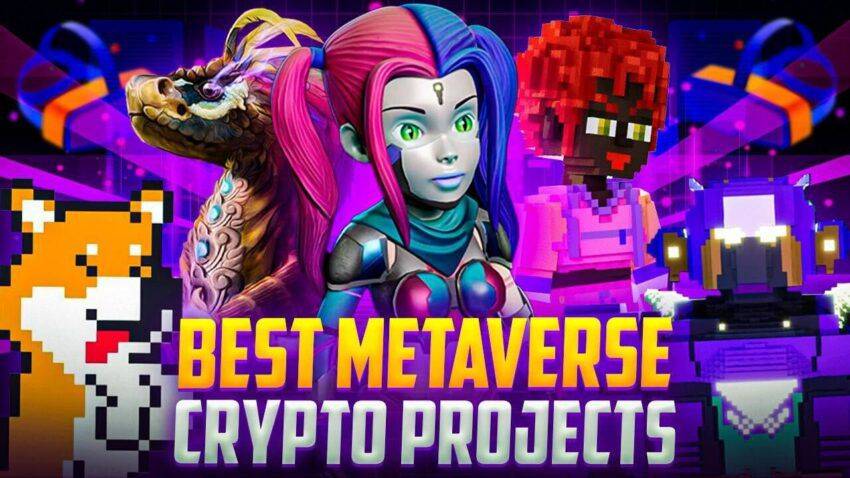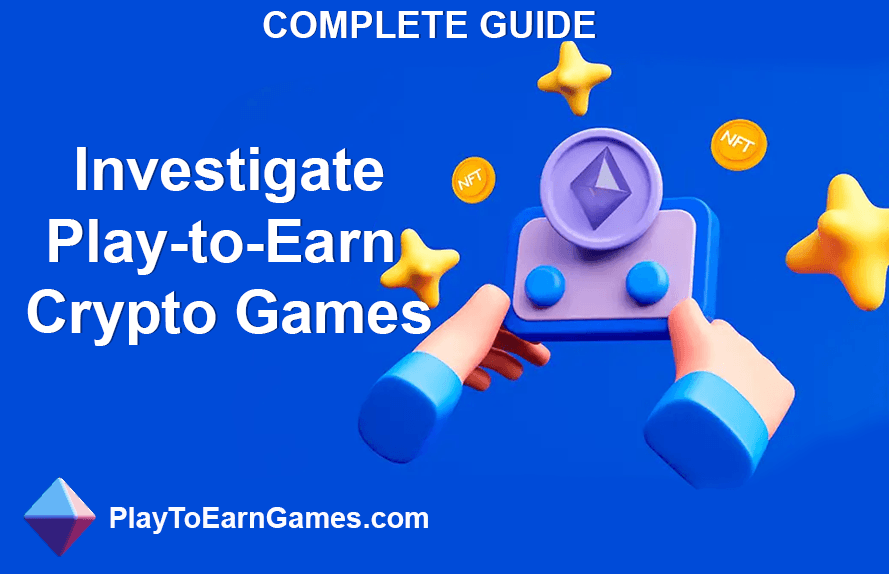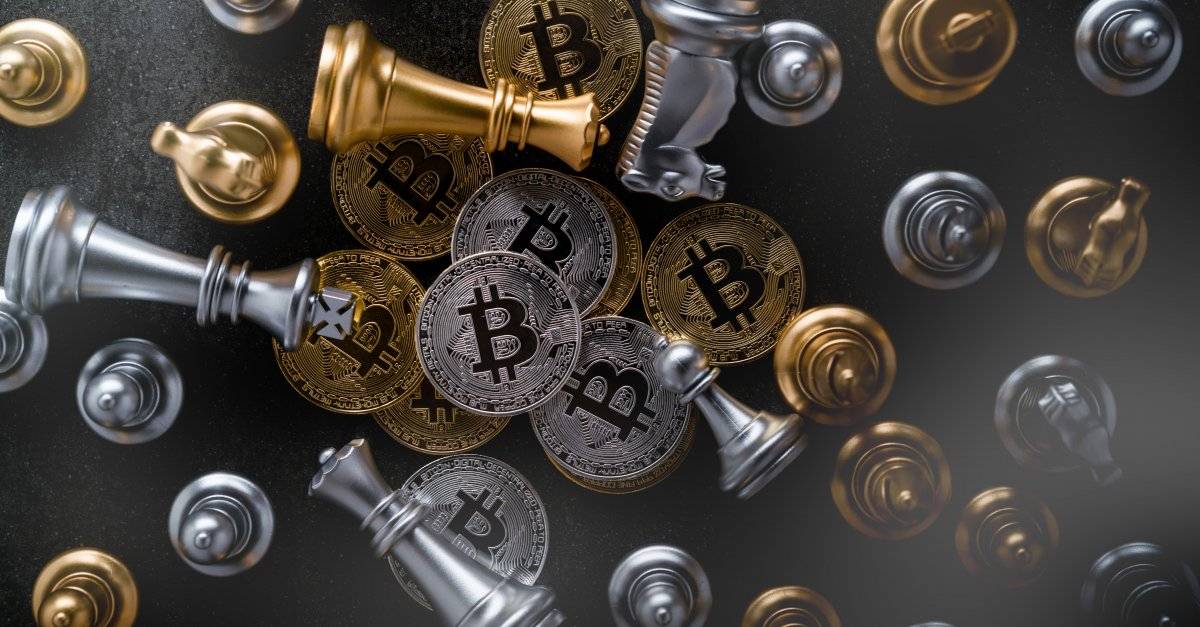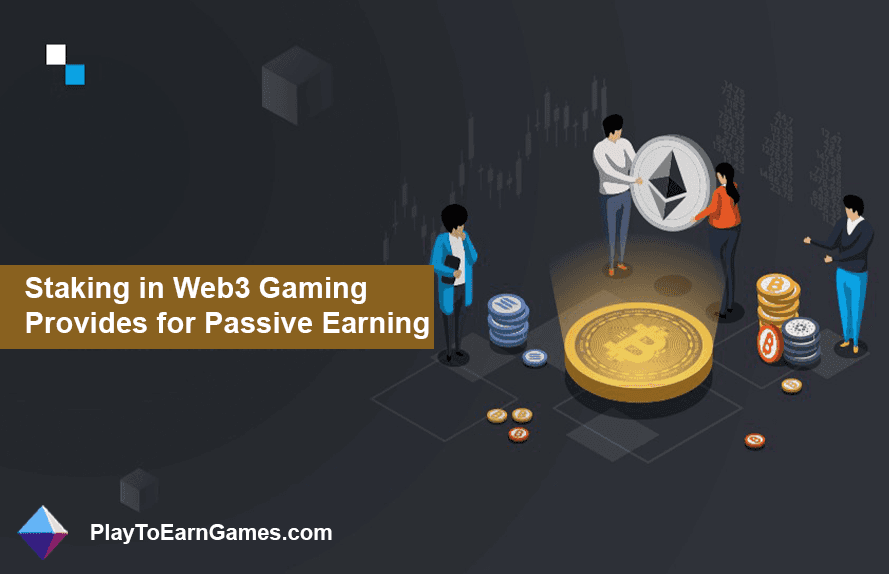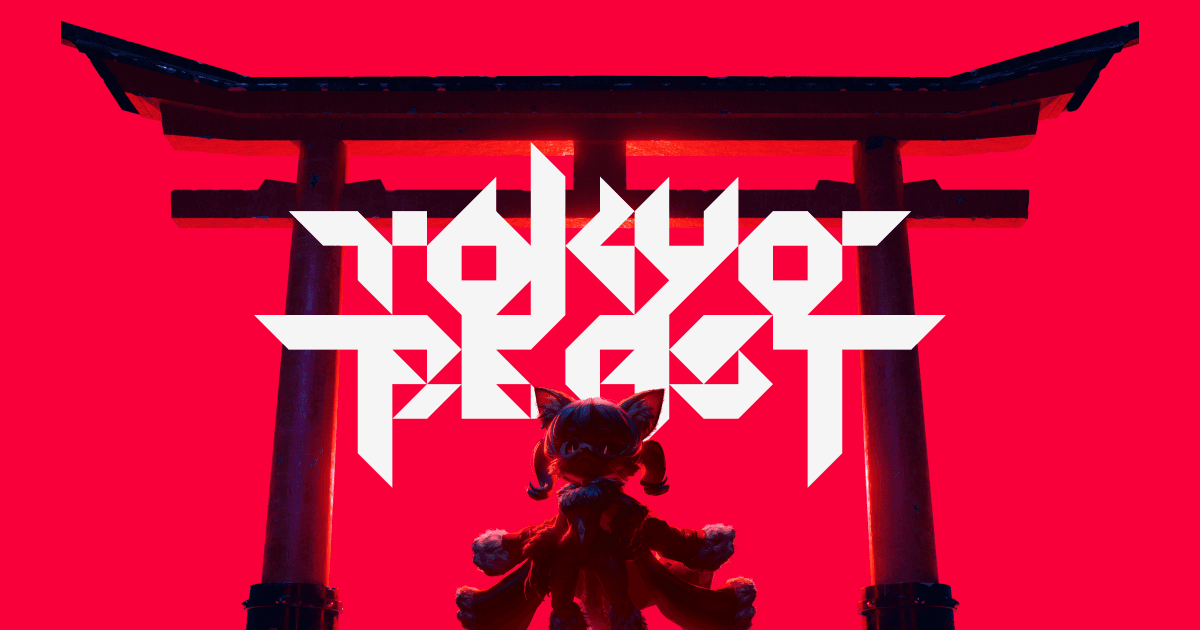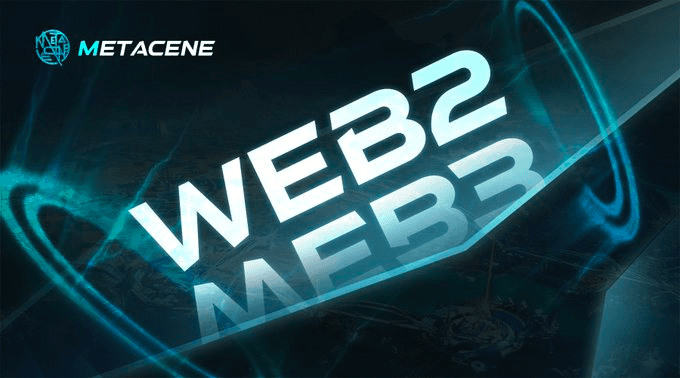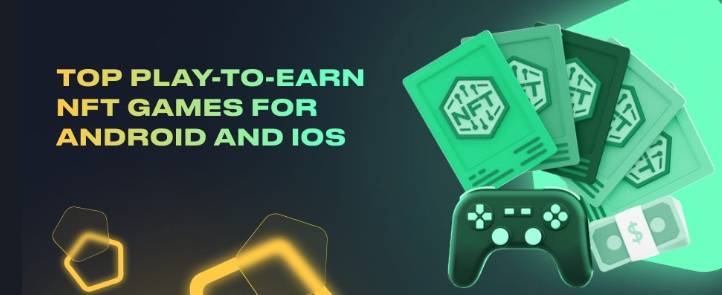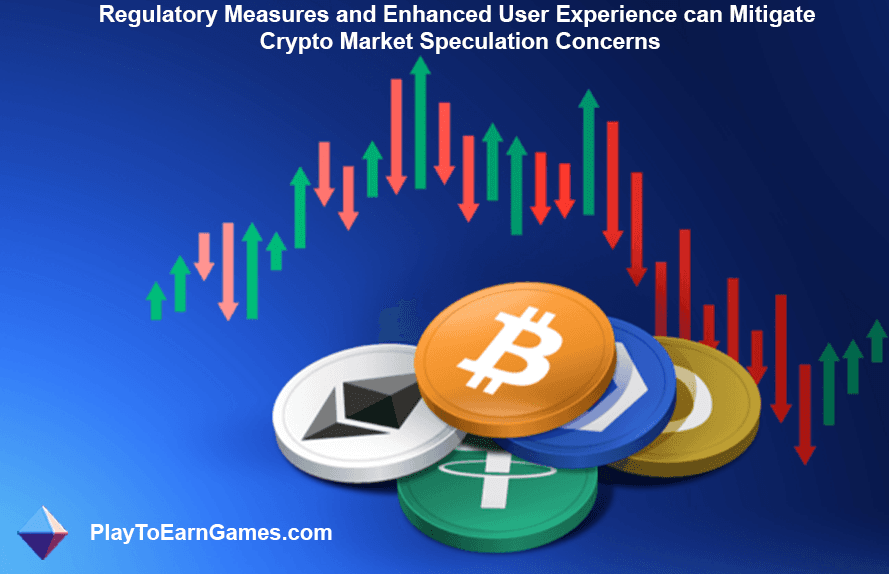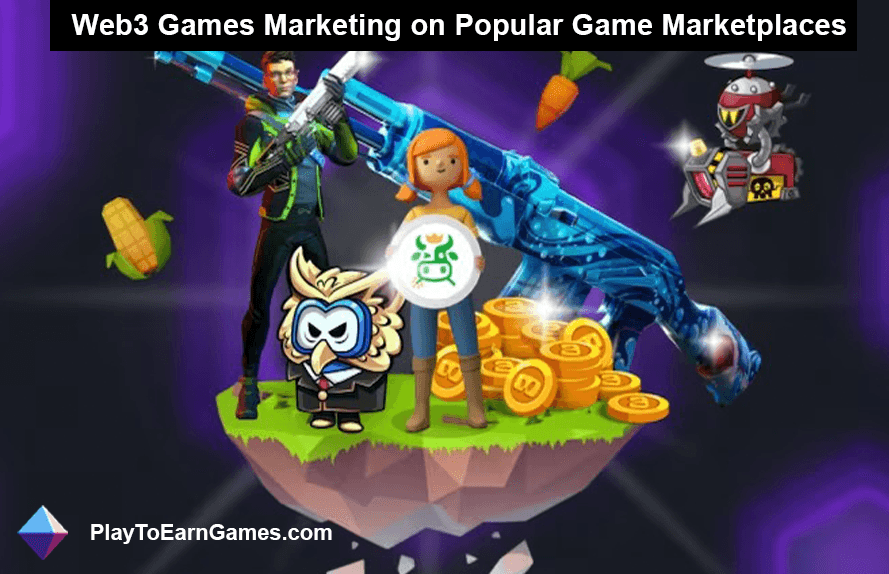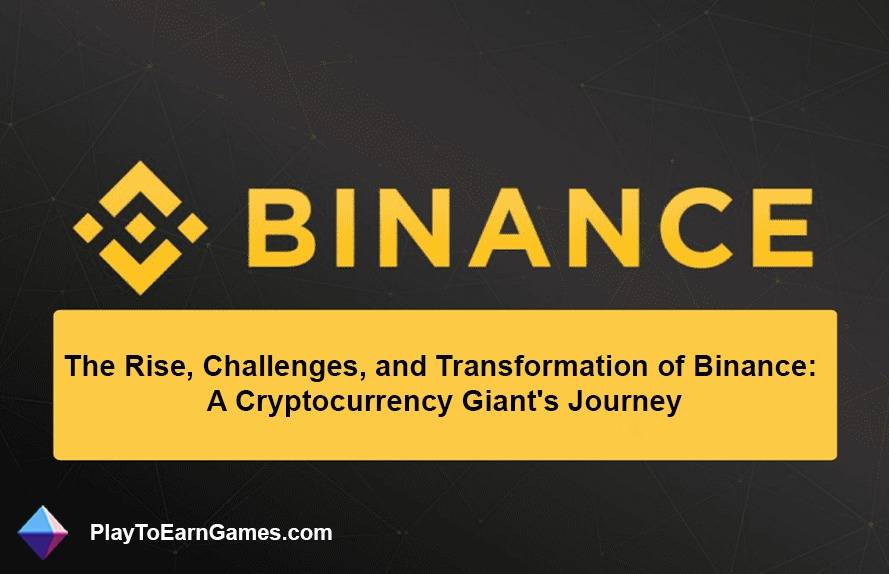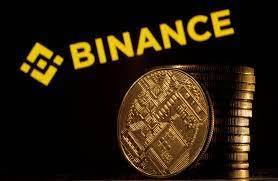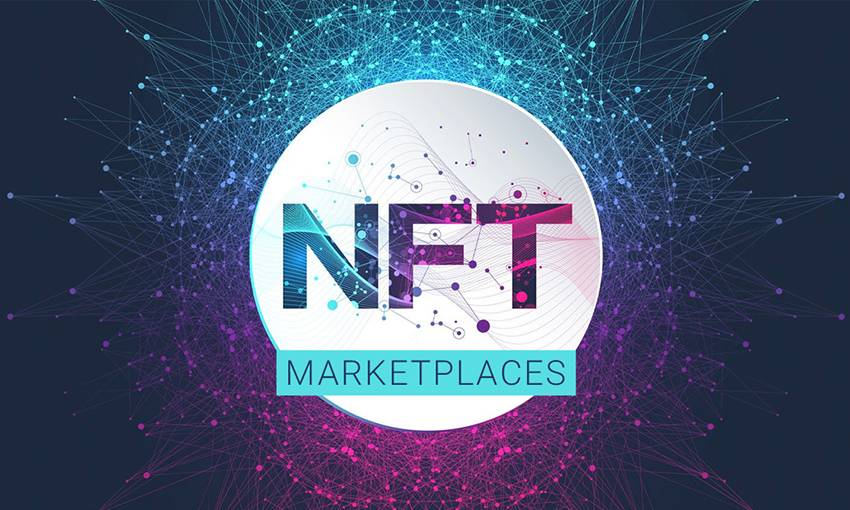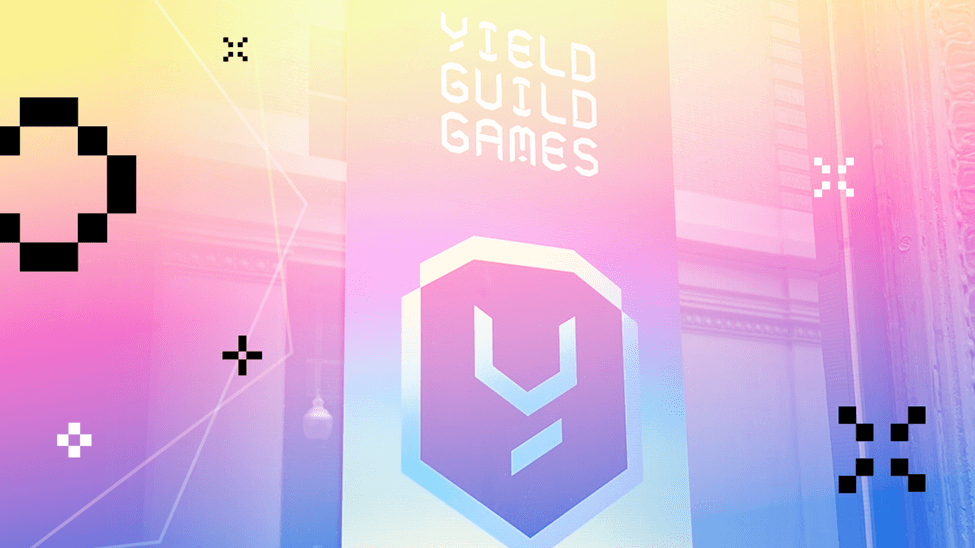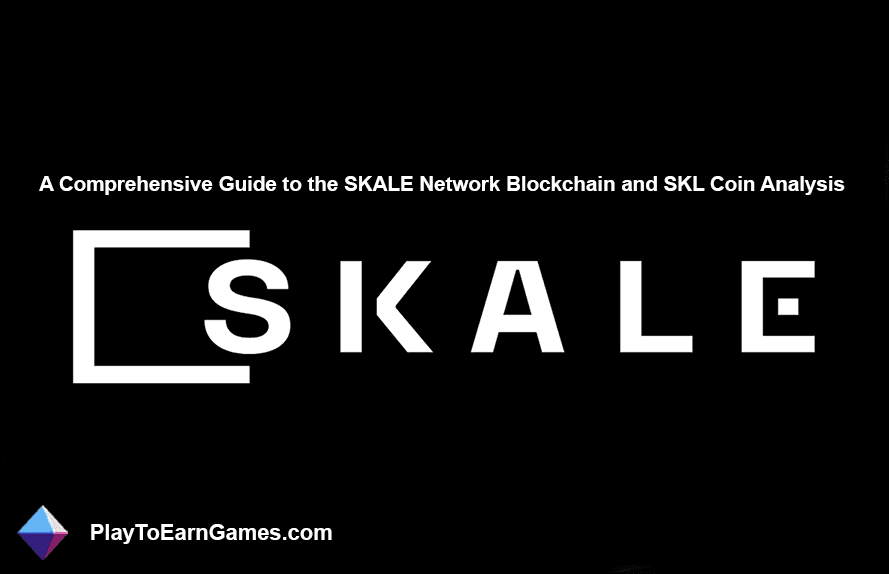
The Potential of SKALE Network's SKL Coin: Features, Analysis, and Future Projections in the Cryptocurrency Landscape
In the world of cryptocurrency, SKALE Network's SKL coin emerges as a promising newcomer compatible with the Ethereum ecosystem. In this comprehensive analysis, we delve into the potential and integrity of this blockchain innovation. Examining the technology's unique features, such as elastic sidechains, enhanced storage capabilities, and interchain communication, we explore how SKALE Network, under the leadership of CEO Jack O'Holleran, is poised to redefine decentralized application development. Additionally, we assess market trends and perform a technical analysis of SKL coin's price trajectory, shedding light on its potential for growth amidst the dynamic cryptocurrency market. SKALE Network's SKL coin is a newcomer in the cryptocurrency industry with compatibility with the Ethereum ecosystem, positioning it for potential growth in the future.SKALE Network OverviewThe SKALE Network is an elastic blockchain designed to work seamlessly with the Ethereum ecosystem. It boasts low latency, high throughput, and Byzantine fault tolerance, making it a promising solution for developers. Initially, it was primarily used for flexible side chains based on the Ethereum blockchain. SKALE Network currently supports Ethereum but plans to expand its support to other Security Layer blockchains, serving as an execution and interoperability layer between various distributed technologies.Storage InnovationsSKALE Network has adapted the Ethereum Virtual Machine (EVM) to enable the storage of significantly larger files. This includes larger block sizes and smart contracts with access to individual nodes' file systems, allowing files to be segmented into 1 MB "chunks" and stored across participating nodes' file systems.Interchain CommunicationThe network facilitates the execution of smart contracts and the transfer of crypto assets between Elastic Sidechains through group signatures. Agents on virtualized subnodes manage these interchain communications, connecting smart contracts on the Ethereum mainnet and Elastic Sidechains.Key FeaturesSKALE Network offers rapid deployment of high-performance, secure, and distributed applications. It employs Byzantine Fault Tolerance (BFT) for enhanced security and asynchronous implementations for robustness. The absence of a leader in its consensus mechanism ensures equal opportunities for nodes to propose and commit new blocks.SKALE Network UtilityThe network's governance system and incentive programs are powered by its native cryptocurrency, SKL. SKL tokens are used for staking, enabling delegates or token holders to support validators. Developers use SKL tokens for Elastic Sidechain memberships, and rewards are distributed to validators and delegators from subscription fees and token inflation. SKL tokens also allow users to participate in governance decisions and access network resources by deploying and renting Elastic Sidechains.Technical AnalysisSKALE Network's SKL coin exhibited steady growth in the first quarter of 2021, with volatility peaking in March and April. Since April, the price has followed a more stable trajectory, trading below its 50-day exponential moving average. The Accumulation/Distribution indicator declined from March 2021, suggesting decreasing market attention.Bollinger Bands analysis highlights significant volatility in March 2021, with the SKL coin breaking resistance levels. Subsequently, a less volatile period persisted until July 2021. In early 2022, the SKALE network's value started rising while the SKL coin's value fell.Long-term price projections for SKL coin indicate a potential range of $0.030 to $0.080 in 2023. There is optimism for the SKL cryptocurrency, with a projected general price level of around $0.35 in 2030, although it may reach a maximum value of $0.42.In summary, SKALE Network's SKL coin offers compatibility with Ethereum, advanced features for developers, and promising utility within its ecosystem, while its price has displayed both volatility and potential for future growth.
Read more